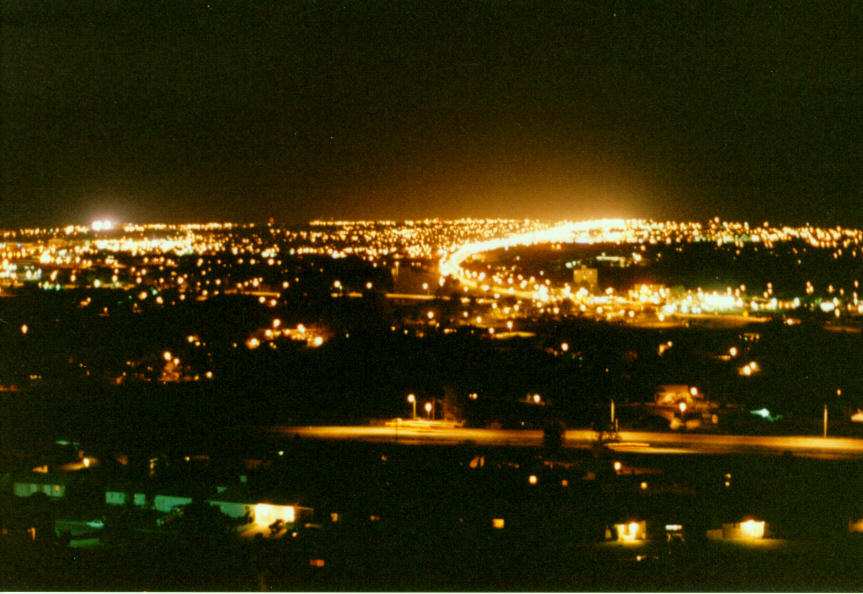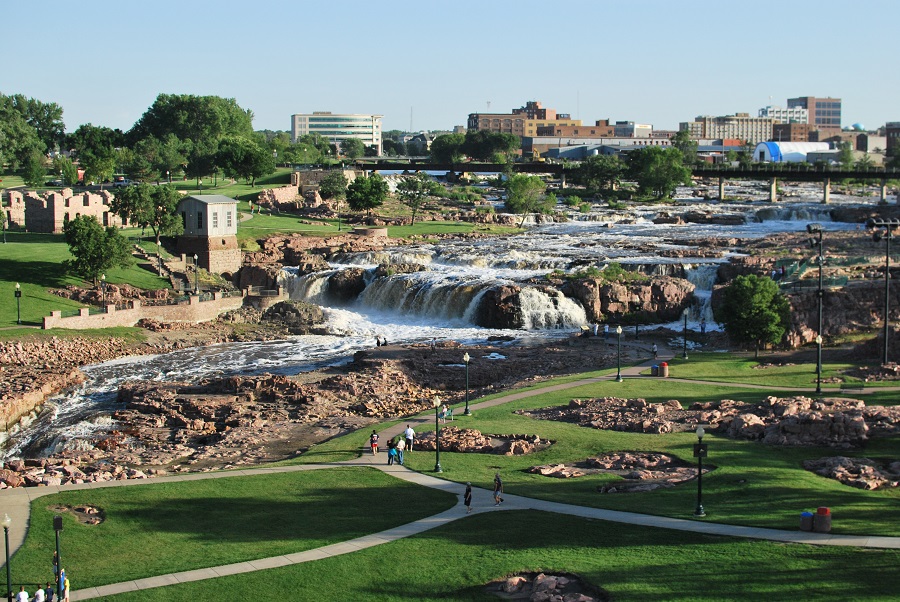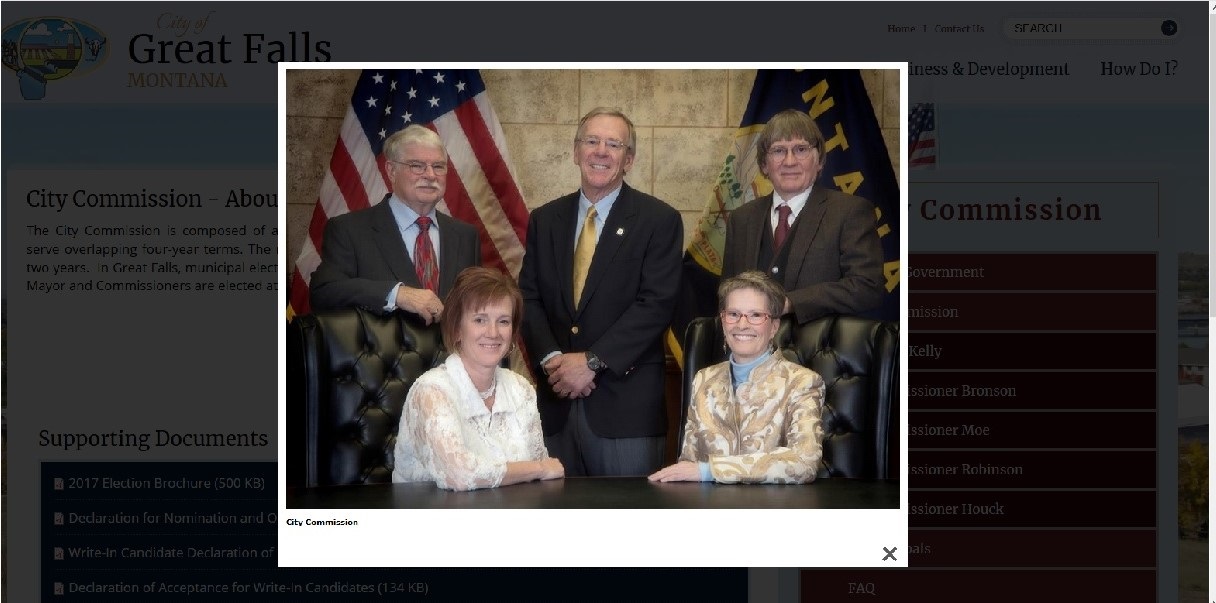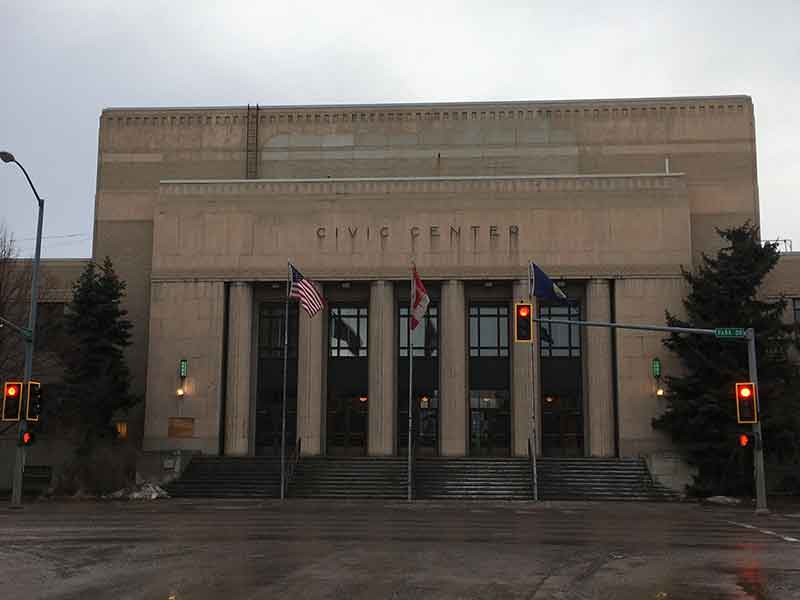_______________________________________________________________________ In a November 24, 2019 piece by Andy Kiersz in Business Insider, Great Falls is listed right in the middle of the pack of the 20 Western state towns that folks are “leaving in droves”. From the article: “Using data from the Census Bureau’s Population Estimates program, we found the metropolitan…
Category: Economic Development
Is Big Sky Cheese First Step To Slaughterhouse, Or Badly Needed Development?
_______________________________________________________________________ On Monday we received an email with the following letter from GFDA President/CEO Brett Doney to the Cascade County Zoning Board of Adjustment attached. The letter is concerning the permit application for the proposed Big Sky Cheese plant which the ZBOA will be considering this coming Thursday, June 27th. You can also view and…
Say Cheese
_______________________________________________________________________ Montana Mac and Cheese, it has a pleasant ring to it. You can almost hear the Trapp family singing, “The Hills are alive with the Sound of Music”. The number 1 item on the Great Falls Development Authorities Top Ten for the first week of May was the proposed cheese plant to be located…
Electric City Voices On Local Jobs
_______________________________________________________________________ Earlier today I saw the following meme/comment on a popular Great Falls public Facebook page, Remember Great Falls When… What I found particularly interesting were the comments posted by local citizens and employers. You can click here to see all of the comments, but I’ve copied a few excerpts here that are very revealing…
Sioux Falls, SD – May The Workforce Be With You
_______________________________________________________________________ A friend sent this Bloomberg piece to me earlier today and I found it to be particularly interesting in light of our own challenges here in Great Falls. https://www.bloombergquint.com/business/south-dakota-s-sioux-falls-can-teach-the-u-s-about-growth#gs.QxBN6j4 There’s a lot in this article that deserves study and I highly recommend that anyone who is interested in and concerned about jobs and…
Actions Scream. Words Whisper. Intentions Are Mute.
________________________________________________________________________ In a recent article posted in The Electric there’s a quote from Great Falls Mayor Bob Kelly that I found to be interesting…and very revealing. ‘Kelly said some people think the city discourages development. “When people say we don’t encourage, of course we do, of course we want development,” Kelly said. “We don’t…
The Great Falls Poverty Industry Is Thriving
In an article titled “What city is hit hardest by extreme poverty in your state?”, written by Evan Comen and Samuel Stebbins of 24/7 Wall Street for USA Today and published July 13, 2018 in the Great Falls Tribune, Great Falls gets the dubious distinction of being the hardest hit by extreme poverty in Montana. Here…
Cronyism And Great Falls’ No-Growth Policy
Is Great Falls business friendly? Does the City encourage growth? Why are these never-ending questions? Perhaps the answers are obvious after all. The Great Falls City Commission recently voted unanimously to deny a Conditional Use Permit (CUP) to locally owned and operated M&D Construction. City staff, the City Zoning Commission and Neighborhood Council 7 all…
GREAT FALLS CITY STAFF, ZONING BOARD AT ODDS OVER FOX FARM DEVELOPMENT
An interesting new wrinkle in a Fox Farm area planned unit development (PUD) for a hotel complex has city staff at odds with the city planning advisory board/ zoning commission. The proposed ordinance covering the change, Ordinance 3182, comes to the city commission with a negative recommendation from city staff and a positive recommendation from…
On Tax Abatements: Billings Says “Yes” Where Great Falls Says “No”
Back in the day, oh, forty or fifty years ago, there was an ongoing friendly competition between Great Falls and Billings as to which was the best and biggest city. The two Montana big dogs battling for bragging rights. I remember because I was a young sprout at the time, delivering the Great Falls Leader,…










